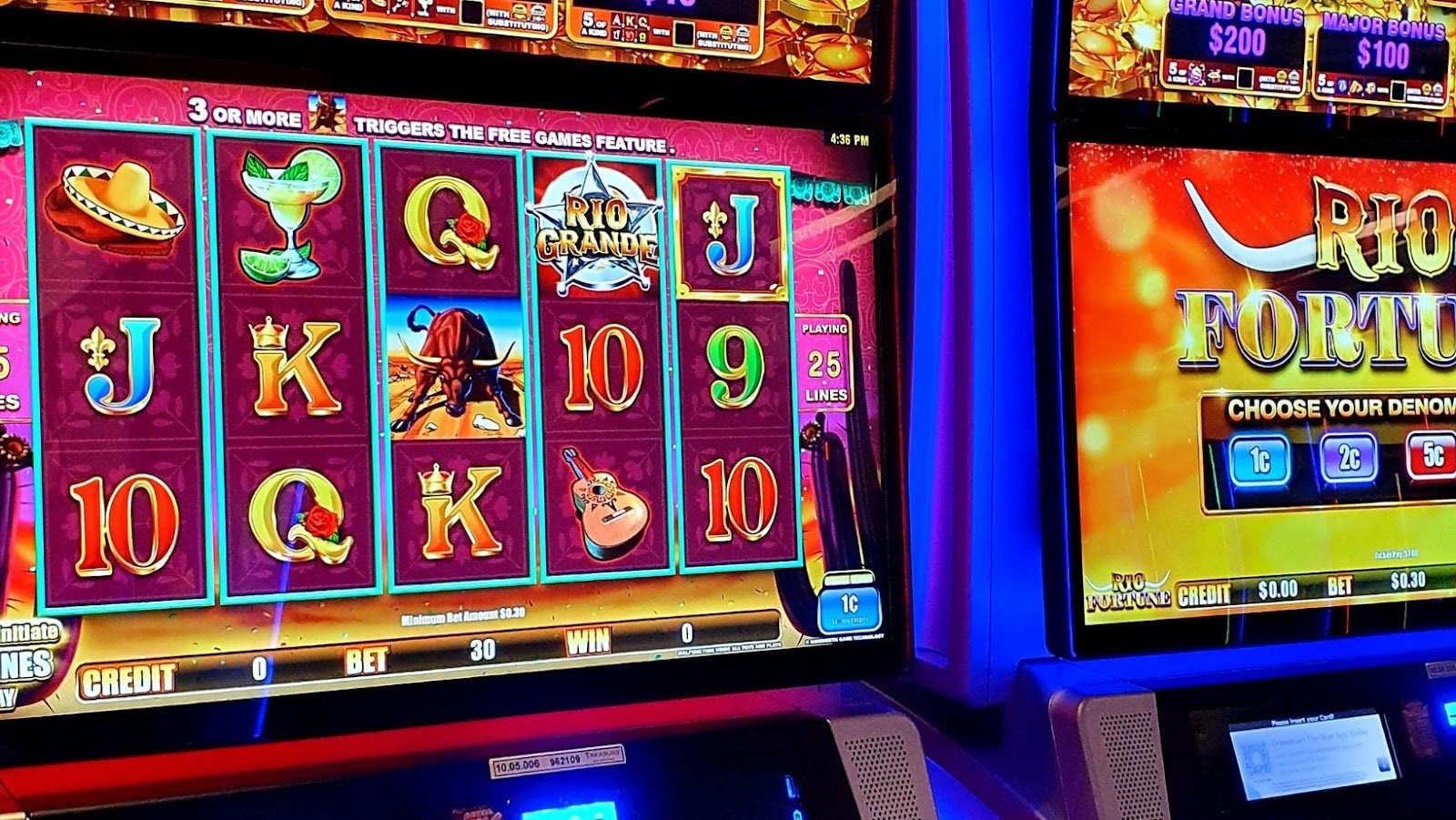
Online slot games have become immensely popular in recent years, attracting millions of players worldwide. While these games offer entertainment and the chance to win prizes, they also have a reputation for being highly addictive. Understanding the psychology behind online slot games can shed light on why they are so compelling and potentially addictive to certain individuals. In this comprehensive exploration, we delve into the various psychological factors that contribute to the allure and addictive nature of online slot games.
Reward Mechanisms
One of the key factors driving the addictive nature of online slot games is the release of dopamine in the brain. Dopamine is a neurotransmitter associated with pleasure and reward. When players spin the reels and win, their brains release dopamine, creating a pleasurable sensation. This dopamine release reinforces the behavior, making players more likely to continue playing in pursuit of the same reward.
Variable Rewards
Online slot games employ a technique known as variable reinforcement, where rewards are delivered unpredictably and at irregular intervals. This approach is highly effective at keeping players engaged and motivated to continue playing. Even if a player experiences several losses in a row, the anticipation of a potential win keeps them coming back for more.
Cognitive Biases
The gambler’s fallacy is a cognitive bias that leads individuals to believe that past outcomes influence future probabilities, even when each event is independent. In the context of online slot games, players may erroneously believe that a series of losses increases their chances of winning on the next spin. This fallacy can drive players to continue playing in the hope of reversing their luck, even when the odds remain the same.
Illusion of Control
The illusion of control is another cognitive bias that can influence players’ behavior in online slot games. Players may falsely believe that they have some degree of control over the outcome of the game, even though situs slot gacor machines operate based on random number generators (RNGs). This illusion of control can lead players to develop superstitious beliefs or rituals, such as pressing the spin button at a specific time or choosing certain lucky symbols.
Immersive Design Elements
Online slot games are designed to be visually appealing and immersive, with vibrant graphics, animations, and sound effects. These elements capture players’ attention and create a sensory-rich experience that draws them into the game world. The combination of vivid visuals and immersive sound effects can evoke strong emotional responses, further enhancing the player’s engagement and enjoyment.
Theme and Storytelling
Many online slot games feature elaborate themes and storytelling elements that add depth and intrigue to the gameplay. Whether it’s exploring ancient civilizations, embarking on epic adventures, or entering fantastical realms, these themes tap into players’ imaginations and provide a sense of escapism. The narrative elements of the game can create an emotional connection with the player, making them more invested in the outcome.
Accessibility and Convenience
One of the key advantages of online slot games is their accessibility and convenience. Players can access these games anytime, anywhere, using a computer, smartphone, or tablet. The ability to play at any time of day or night without having to visit a physical casino makes online slot games incredibly convenient for players, leading to increased engagement and prolonged playing sessions.
Instant Gratification
Online slot games offer instant gratification, allowing players to experience the thrill of gaming and the possibility of winning in real-time. Unlike traditional casino games that may require more time and skill, slot games provide immediate results with just the click of a button. This instant feedback loop reinforces the addictive nature of the games, as players are constantly seeking that next big win.
Social and Peer Influence
Many online slot games incorporate social features that allow players to share their achievements, compete with friends, and interact with other players. These social elements tap into players’ desire for social connection and validation, encouraging them to play more frequently and engage with the game community. The opportunity to showcase one’s successes and compete against others can be highly motivating for players.
Peer Pressure and Norms
Peer pressure and social norms can also influence players’ behavior in online slot games. If a player’s friends or peers are avid slot players, they may feel pressure to join in and participate to fit in with the group. Additionally, seeing others win or receive accolades for their achievements can create a sense of social proof, reinforcing the idea that playing slot games is both desirable and rewarding.
Conclusion
The psychology behind online slot games is multifaceted and complex, drawing on a combination of reward mechanisms, cognitive biases, immersive design elements, accessibility factors, and social influences. By understanding these psychological factors, game developers and regulators can design interventions and safeguards to mitigate the potential harms associated with excessive gambling behavior. Additionally, players can become more aware of the psychological traps and biases that may influence their gaming habits, empowering them to make more informed choices and engage in responsible gambling practices. Ultimately, a comprehensive understanding of the psychology behind online slot games is essential for promoting a safe and enjoyable gaming experience for all players.








